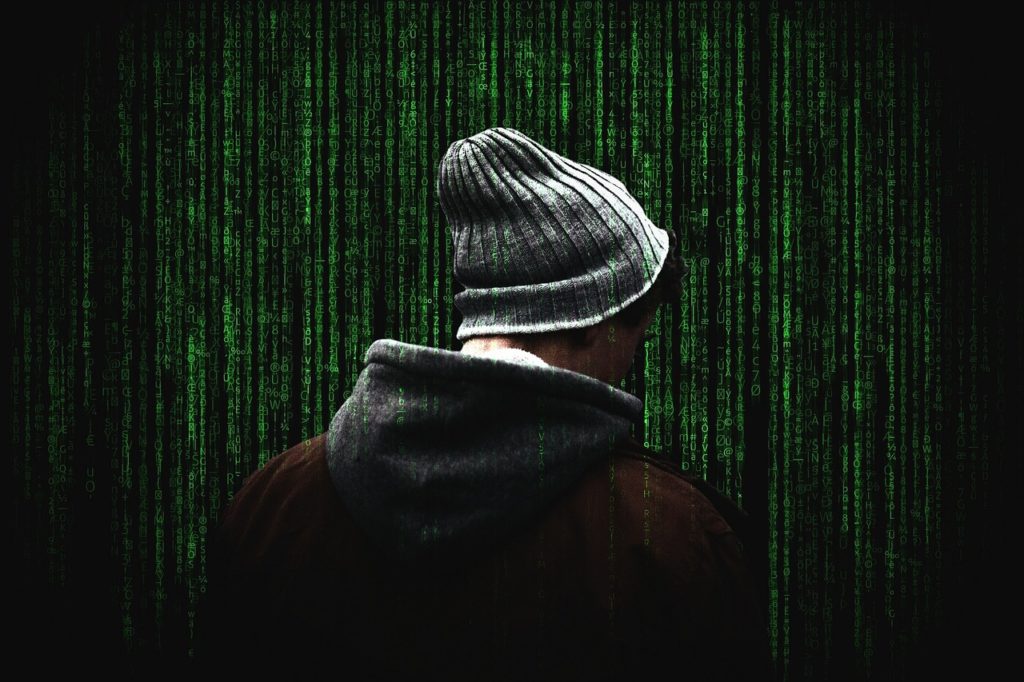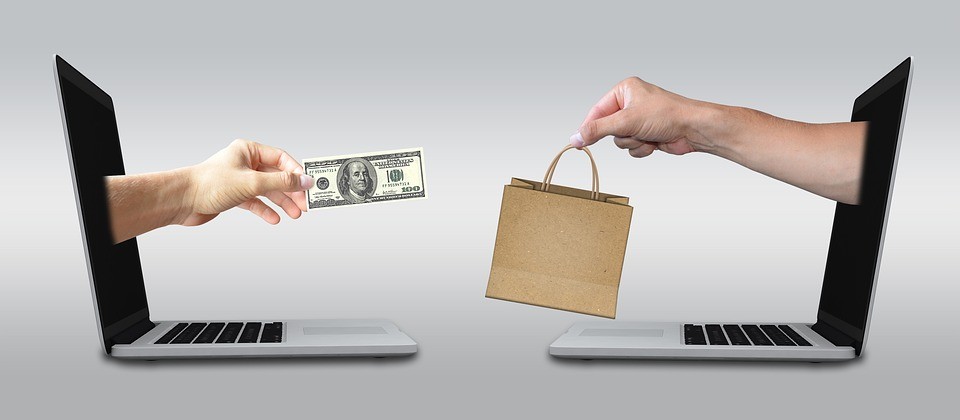Robin Khokhar
Robin Khokhar is an SEO specialist who mostly writes on SEO. Thus sharing tips and tricks related to SEO, WordPress, blogging, and digital marketing, and related topics.
In cybersecurity, every day is a new adventure. With everything in the news about how companies and corporations are attacked by dangerous...

In cybersecurity, every day is a new adventure. With everything in the news about how companies and corporations are attacked by dangerous malware and viruses, no one can be sure that his or her computer or smartphone is not under attack at the moment. Every time it is a new story, a new challenge, and a new attempt to steal some kind of private or financial data. Have you ever thought about how protected your information is?
Are you doing your best in terms of keeping everything you store online safe and secure?
And can you do more?

It is difficult to talk about cybersecurity without connecting it to business and money. The first and the most important goal of any service that takes care of your security online is data, which is somehow related to money. Mobile computing made it possible to transport different spheres of our life into a mobile platform. We shop online, do banking online, make orders online, lock our garage door online, check our cars online, and so on. IoT technologies have brought our daily life to the next level. Smart houses, smartwatches, smart cars, smartphones – all of these make our life more comfortable and complicated at the same time. All of this made us think more about the data we have and the security we provide for it. So, today we’re going to discuss the ways of protecting your data online as an average Internet user and the ways to improve what you have now. For more info, check Bestvpnrating to get practical info on the topic.
The development of technologies made us look for better ways to protect the data we store on those technologies. Every day developers are looking for more complex and universal tools how to protect data without making the technologies less comfortable to use. Though big corporations and governmental organizations have whole departments, which function for a cybersecurity purposes only, there is no better and easier way to make sure your data is somehow protected than using a VPN. Yes, it is all about a VPN, but not about antivirus software as you might think before. Don’t know what a VPN is?
A VPN stands for a virtual private network. It is an encryption-based technology, which creates an individual network for every customer. Do you know what an individual network means? It is a chance to isolate your network from all other devices out there. Encryption is coding. So, a VPN is a system, which provides a fully isolated network for you only. Even if you’re in the public network, a VPN creates your own network inside it, enabling other customers to reach your devices and information on them as well as the traffic you send. You can take a list of VPNs available.
Initially, a VPN was created for business only. Many years ago companies understood they needed a safe way to exchange data and communicate at distances. So, they’ve created a VPN that was the easiest and fastest way for safe communication online between different offices and departments. Today, a VPN has gone further and gained many more functions than that.
Of course, the first and the most important function of any VPN is data security. Today it concerns not only big companies or corporations but also ordinary Internet users. If you are interested in protecting any kind of data you have online – personal messages, emails, financial operations, passwords, nicknames, and much more, get a VPN. Simple antivirus software can’t give you what a VPN can.
Let’s imagine you’re sitting in a hotel lobby, scrolling your Facebook feed and shopping online. At this moment there are probably other people who share the same public network as you. They may be the same users as you or someone can be a professional or even amateur hacker. In fact, you’re not required to be a professional to hack devices without a VPN on a public network. So, if you don’t use a VPN, you can easily lose money in a minute if someone is hacking your device at the moment. Even if you think you don’t have any precious information on your smartphone, there is probably something that you wouldn’t show or send to an unfamiliar person by yourself. It can be anything from your Facebook nickname, credit card password, or business email. Today, hackers look for any sort of information. It is not only about governmental organizations and huge corporations.

But data security is not the only thing people get a VPN for. A virtual private network also serves for:
Of course, there are plenty of VPN providers and it is hard to choose. Luckily, Vpnpro wrote an informative comparison of two of the best providers: Surfshark vs NordVPN. It will help you to decide which is more suitable for your needs.
If you have ever tried watching Netflix US in Spain, but couldn’t do it because of the geographically restricted policy, a VPN can solve this problem. When you have a VPN, you automatically get free access to all banned or blocked content and websites, which you can’t reach now. This makes traveling abroad a lot easier. As of now, you shouldn’t worry that in some countries you may not have access to your favorite platforms or streaming channels. Especially, this will be useful in countries with a strict Internet censorship policy like China, Cuba, Pakistan, etc. If you have ever been to China, you know how difficult it is for a tourist to survive there without a VPN. China blocks all websites, needed for comfortable traveling, especially in a non-English speaking country, which is absolutely huge.
If talking about the Internet providers, some of them may sell the traffic info of their customers to other companies for marketing goals. Of course, not all providers do that. But how can you be sure that your home traffic is not spied for marketing goals to increase the sales of some companies and services? That’s why a VPN is also recommended for home-usage.
And the last but not least, a VPN provides full anonymity while browsing online. It changes your IP address, replacing it with the address of the server, to which you’re connecting.
If a VPN is such a great thing for your devices, then it is probably an expensive pleasure to have. In fact, everything is opposite to this. The market for VPNs is so big that everyone can easily find what fits his/her budget best. If you want, check Bestvpnrating.com for more info about that. But let us explain in a few words how everything works.
There are free and paid VPNs on the market. When we talk about «paid VPNs» we don’t mean they are extremely expensive. The price range is quite average. But what’s the difference and what is better?
These are probably the most significant differences between paid and free services. And, of course, a paid option is more stable at work than a free one. So, everything depends on you and your own preferences only. You can try a free VPN, and if you like or don’t like it, you can switch to a paid version. Or if you’re sure you want a long-term service for all of your devices, you can buy a paid one. Usually, a paid version is suitable for almost any OS and device.
If you’re still not sure whether you need a VPN or not, check how prominent the issue of cybersecurity is now. Every day new malware and techniques for hacking your emails and social media accounts are released. So, if you take care of your private data or if you’re a businessman, you just have to get a VPN. Or you risk being shocked at how easily your devices can be hacked while you’re surfing the Net in the airport, your favorite coffee shop, or somewhere in a hotel lobby abroad while being on vacation. So, get a VPN right now and be comfortable with going online no matter which country or city you are in.
Related:
Importance of Cyber Security for Today’s Society.
I’m using Nord VPN, it’s pretty solid. The reason why I decided to buy a VPN was to be able to watch my favorite series on Netflix while traveling. Nord VPN was a perfect choice for that and what I also really liked is that the speeds are just about casual. It has a few issues with getting blocked by Amazon, but if you roll servers, you will eventually find one that works great.
Howdy,
An outstanding presentation on your Site.
This is a considerable post – So clear and easy to follow on the subject of.. Great insights.
Hey thanks for sharing this information. By the way, I prefer using a browser VPN extension because it is very easy and convenient way to go anonymous.